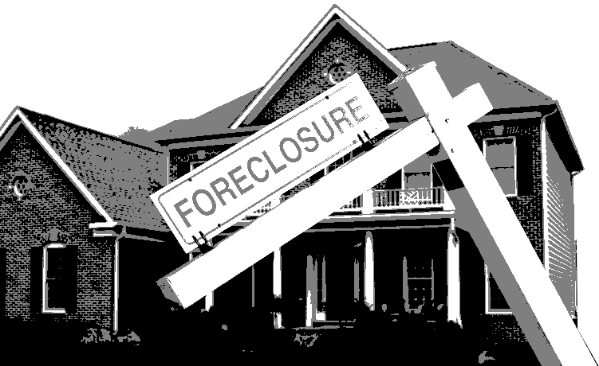How to Survive
(Inevitable)
Bear Markets
5 Critical Facts You Need to
Know About Bear Markets


Of course, it's impossible to predict exactly how a bear market will evolve. We do know that they are inevitable, and that they're a natural part of the market cycle.
Whether or not you've been an investor during a bear market in the past, the more you know about them and how people behave during them, the better prepared you'll be to successfully endure them.
Get insightful info on markets and the world in your inbox every month with the Visual Insights Newsletter

A prolonged period of rising prices, typically gaining 20%+ from the most recent bottom.

A prolonged period of falling prices, typically losing 20%+ from the most recent top.
Dec 1961
to
Jun 1962

Aug 1987
to
Dec 1987

Oct 2007
to
Mar 2009

Jan 1973
to
Oct 1974

Mar 2000
to
Oct 2002

There have been about
25 bear markets
since 1928.2


The S&P gained
at least 32%
in the year following the last three bear markets in
the U.S.3
Bear markets are the natural response to
bull markets
that ran out of
steam.


Just about
anything
can cause a correction and a bear market, from
evolving investor psychology to global events.
Statistically, bear markets happen about every
3.5 years.4


On average, bear markets last about
15 months.4
Remember, all bear markets eventually pass!
Bear markets come and go. They are a natural part of the market cycle. But we never know when they'll happen or what exactly will trigger them. Stay tuned for a future email where I'll catalogue some of the reasons behind the last four bear markets.
While we can't predict when or why bear markets happen, what we do know is that bear markets commonly make people emotional and irrational. They can even breed a crowd mentality that causes paranoia and panic.
Want my advice?
Stop watching what others are doing. Focus on your own needs, portfolio, and risk tolerance.
It's nearly impossible to know what other investors are thinking and doing in real time, just like it's impossible to know what the "bottom" is in a bear market.
So, try to keep a level head and long-term view. And try to stay realistic.
Remember, all bear markets eventually pass! You'll never get to enjoy a market upswing if you get out too soon.
Also, don't forget that I'm here to help.
If someone in your life could use a professional perspective on market corrections and bear markets, please reach out to me. I'd be happy to discuss this topic more and share some helpful advice. Give my office a call at 908-663-2125 or shoot me an email at info@redwoodplanning.com.

The Redwood Planning Team Redwood Financial Planning
P.S. Want more tips on investing during bear markets? Continue the conversation over email by signing up (my subscribers get my best insights).
Get insightful info on markets and the world in your inbox every month with the Visual Insights Newsletter
